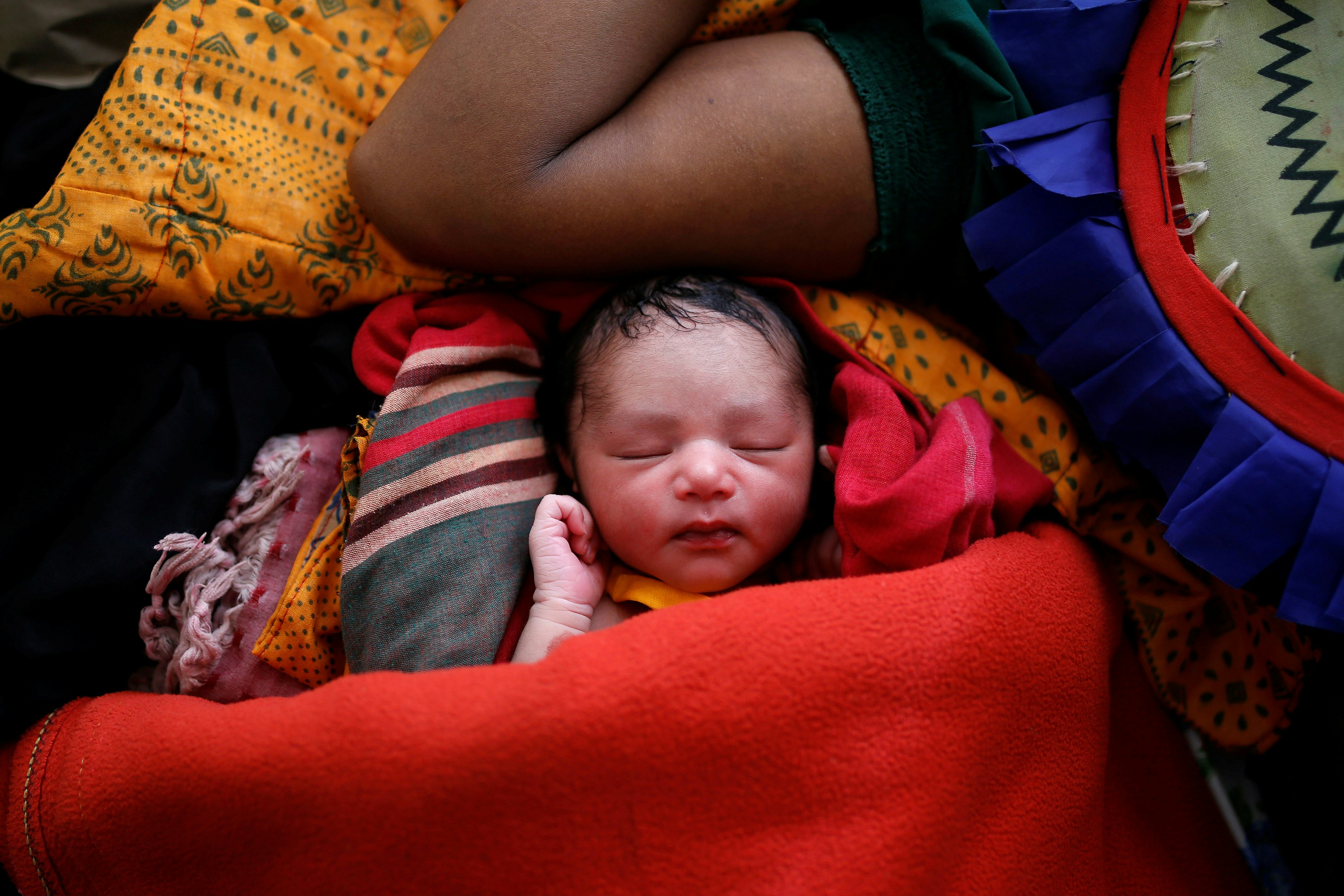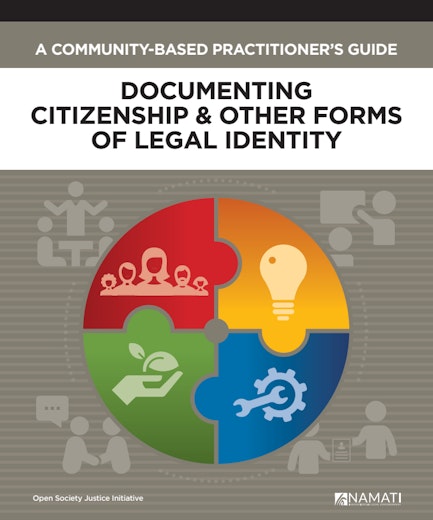Pham (previously B2) v. Home Secretary
Resisting attempts to undermine protection for the stateless
Pham Minh Quang, a naturalized British citizen of Vietnamese origin, was ordered stripped of his citizenship by the UK on national security grounds. The decision put him at risk of being stateless, as the Vietnamese government had also declared him not a citizen. Pham appealed the decision in the UK and won, citing national law, which implements international conventions to reduce statelessness and prevents the government from depriving a person of citizenship if they would otherwise be stateless. The government brought the case to the Court of Appeal, which decided against him, on the grounds that the Vietnamese government’s position runs counter to its own national law. Pham appealed to the Supreme Court, arguing that the Vietnamese government’s decision was conclusive. The Supreme Court dismissed his appeal, holding that under Vietnamese law and practice, he was a Vietnamese citizen at the date of the decision by the UK to deprive him of citizenship.
Facts
Pham Minh Quang was born in Vietnam in 1983. Soon after, he moved with his parents to Hong Kong. Later they moved to the UK and were granted indefinite leave to remain. In 1995, he was naturalized as a British citizen.
On 20 December 2011, the UK government made an order depriving Pham of his British citizenship on national security grounds. He appealed to the Special Immigration Appeals Commission (SIAC). The government argued that Pham, then referred to only as B2, had not lost his Vietnamese citizenship, even though the Vietnamese Government stated that Pham was not a citizen of that country. SIAC allowed the appeal on the ground that the deprivation order made him stateless. The Court of Appeal allowed the UK government’s appeal, ruling that it is Vietnamese law that matters. The Court decided that it would undermine the rule of law to respect a decision of the Vietnamese government which is contrary to its own national law.
The Supreme Court granted Pham permission to appeal. He argued that under the Vietnamese system of law and practice, the government determines nationality. He relied on guidance from the United Nations High Commissioner for Refugees. He also argued that the Court of Appeal was bound by European Union (EU) law, because the effect of depriving him of British citizenship was also to deprive him of EU citizenship.
On March 25, 2015, the Supreme Court rejected the appeal [pdf of judgement].
Open Society Justice Initiative Involvement
The Justice Initiative intervened to support Pham's application for permission to appeal. The Supreme Court also granted Justice Initiative permission to file a written intervention in the full appeal.
Arguments
The Justice Initiative relied on the relevant international legal standards to make the following arguments.
Stateless under international law. Article 1(1) of the 1954 Convention on the Status of Stateless Persons defines a stateless person as one “who is not considered as a national by any State under the operation of its law”. This directs the decision-maker to determine whether the state in question considers the person to be its national. Where that state has finally determined the person is not its national, that determination is conclusive. The views of other states as to how that state ought to operate its law are irrelevant.
Purpose of the 1954 Convention. To deny a person the protection of the 1954 Convention on the ground that another state ought to—but does not—consider him to be a citizen would be against the protective purpose of that Convention.
The rule of law. Statelessness determination must be based on how states operate in practice. It would undermine the rule of law to base decisions upon a false premise that another state considers a person to be its citizen.
European Union law. Under EU law, a decision depriving an EU citizen of that citizenship must comply with international law. The Supreme Court should therefore not uphold the Court of Appeal’s interpretation of the 1954 Convention unless that interpretation has first been confirmed as correct by the Court of Justice of the EU through a preliminary reference to that Court.
On March 25, 2015, the United Kingdom Supreme Court gave judgment, dismissing the appeal, but without addressing the issue of law decided by the Court of Appeal. The Supreme Court ruled that, on the evidence, Mr Pham was still a Vietnamese citizen at the time he was deprived of UK citizenship, so that deprivation did not make him stateless. The Court found that the Special Immigration Appeal Commission had been wrong in law to base its decision about his citizenship of Vietnam on a practice or decision adopted by that country after the British deprivation decision. The judgment emphasizes the fundamental importance of citizenship.
Supreme Court gives judgment dismissing appeal.
Pham extradited to United States.
Supreme Court hearing of appeal.
Justice Initiative files written case with Supreme Court.
Supreme Court grants Justice Initiative permission to intervene in appeal.
Supreme Court grants permission to appeal.
Justice Initiative files submissions to Supreme Court in support of permission to appeal.
Pham applies to the Supreme Court for permission to appeal.
SIAC allows Pham's appeal, ruling that deprivation order would make him stateless because he is not considered as a national by Vietnam under the operation of its law.
Court of Appeal allows government’s appeal, holding that under Vietnamese law, Pham is a citizen, even though the Vietnamese government denies this.
Pham, known in court documents as B2, appeals deprivation order to SIAC.
The government makes an order depriving Pham of British citizenship, which means he also loses European Union citizenship.
Related Work
Saving Newborn Rohingya from a Legal Abyss
The government of Bangladesh has already promised to uphold its obligation to register newborn Rohingya refugees. For the sake of international law—and the children’s future—it must stop dragging its feet.

A Community-Based Practitioner’s Guide: Documenting Citizenship and Other Forms of Legal Identity
This guide provides instructions on how to establish a community-based paralegal program to help people document citizenship and other forms of legal identity.

Justice Initiative Welcomes First UN Human Rights Committee Ruling on the Right to Nationality for Children
The UN Human Rights Committee has found, in the case of Zhao v. Netherlands, that the Netherlands violated the rights of a child, Denny Zhao, by assigning him the status of “unknown” nationality when his birth in the country was registered.